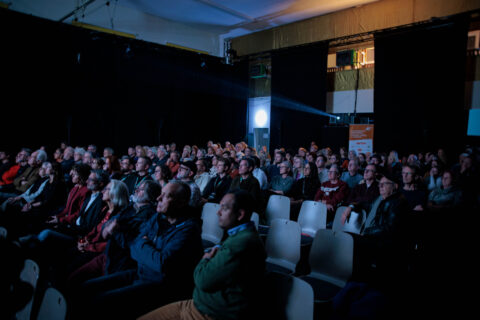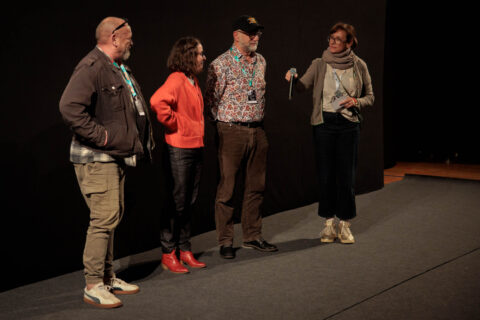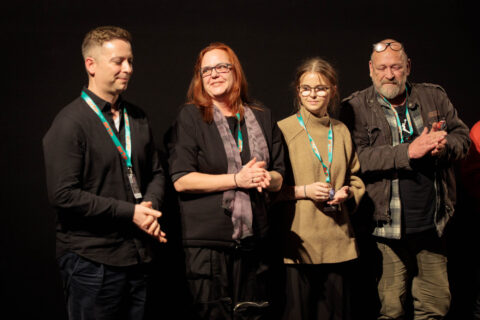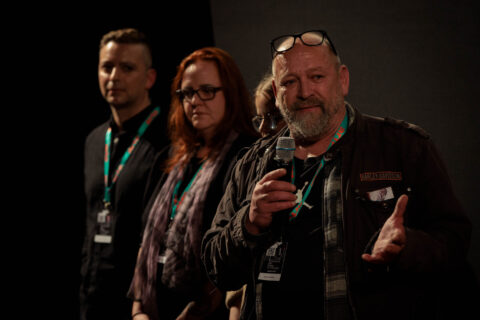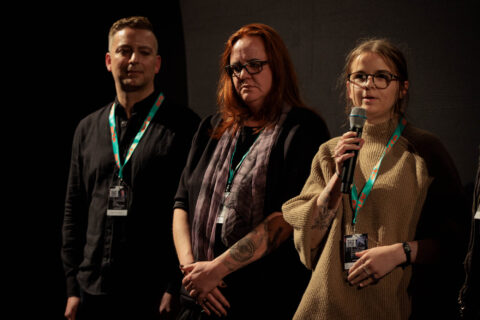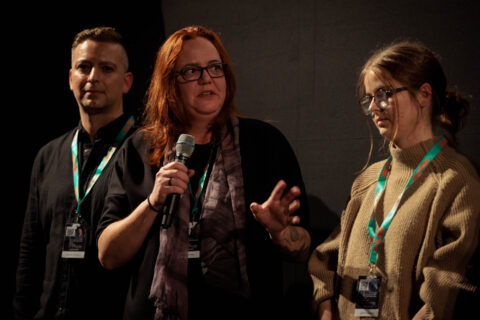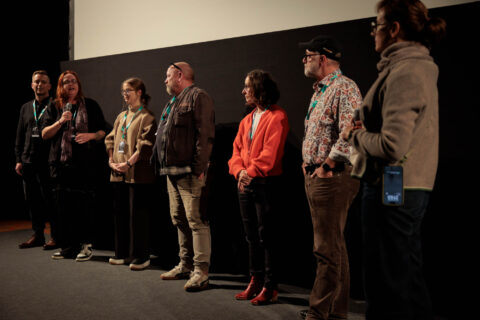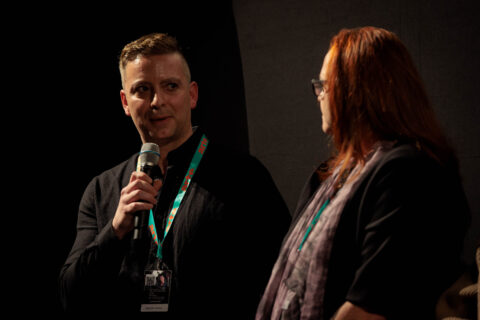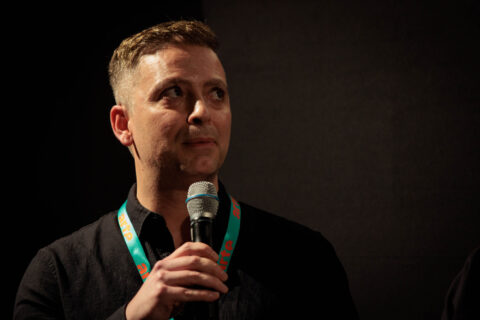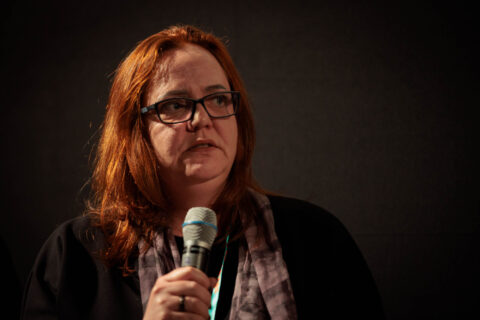I Was a Witness
What begins as a quiet photography project turns into a harrowing journey into the depths of a parallel religious world. Photographer Andreas Reiner meets former members of the Jehovah’s Witnesses—people who had the courage to leave a strictly controlled religious community. In open, poignant conversations, they talk about their childhood and youth within the tight corset of religious rules, psychological pressure, sexualized violence, conversion therapy, and the existential rupture that came with leaving.
Cast
- Rebecca
- Rebecca
- Leonie
- Leonie
- Alex
- Alex
- Ältester
- Ältester
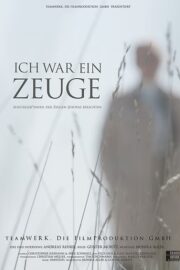
I Was a Witness
Andreas Reiner, Monika Agler, Günter Moritz
- Documentary
- Production Country / Year
- Germany 2025
- Language
- dt. OF ohne UT
- Format
- DCP, Color, 84min
1.85:1, Discrete 5.1
- Original Title
- Ich war ein Zeuge
Nominated for:
Granit – Hofer Dokumentarfilmpreis
Director & Crew
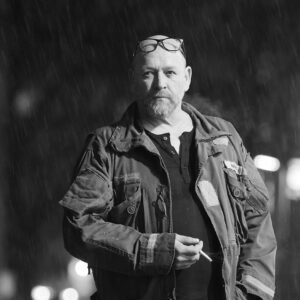
Andreas Reiner
Born in 1968 in Göppingen. Trained as a carpenter and photographer. Active as a photographer and director.
Filmography
| 2025 | Ich war Zeuge | Dokumentarfilm Co-Regie |
2025 |
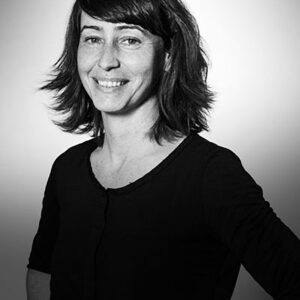
Monika Agler
Born in 1972 in Stuttgart. Studied Social Education at the Berufsakademie Stuttgart. Active as an editor, producer and managing director of teamWERK.
Filmography
| 2025 | Ich war zeuge | Dokumentarfilm Co-Regie |
2025 |
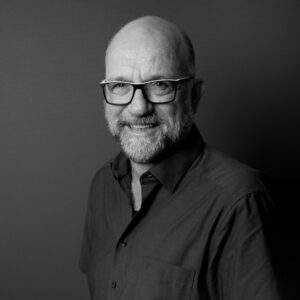
Günter Moritz
Born in 1963 in Schwäbisch Gmünd. Studied Media Technology at the Stuttgart Media University. Co-founder of the production company teamWERK. Active as a director, writer and producer.
Filmography
| 2002 | Vier Feldherren gegen Hitler: Bernhard L. Montgomery – verloren im Triumph | TV-Dokumentation | |
| Mallorca schlägt zurück | TV-Reportage | ||
| 2004 | Ste Marie und die 21 Sekunden Tour de France | TV-Reportage | |
| 2005 | Die doppelte Johanna | Dokumentarfilm | |
| 2008 | Die letzten Zeugen | Dokumentarfilm | |
| 2012 | Die jüngsten Zeugen | Dokumentarfilm | |
| 2013 | Donauschwaben | Dokumentarfilm | |
| 2025 | Ich war Zeuge | Dokumentarfilm Co-Regie |
2025 |
“Andreas Reiner told me about his plan to photograph people who had left the Jehovah’s Witnesses – and suggested that we develop a documentary film together. After he told me some of the stories, I knew immediately that I wanted to be part of it. It didn’t take long to convince my business partner and producer, Monika Agler, either.
From the outset, the question was: How do you make a film that does justice to this depth? After many discussions, we came to the conclusion that only one thing should take center stage: the protagonists themselves.
We deliberately rejected ideas for a classic home story or filming locations from the defectors’ pasts. These would have shifted the focus away from what was important to us: to give these people a space where they could really be heard.
The static camera was also a conscious decision. No effects, no distractions. Just closeness, calm, and full concentration on what was being said – even at the risk of this approach appearing ‘unspectacular’ in formal terms. For us, this was exactly the right way to go.”
Günter Moritz
- Music Composer
- Omnitah
- Producer
- Monika Agler
- Günter Moritz
- Sound
- Felix Heß
- Elias Sanchez Reinhard
- Editor
- Monika Agler
- Director of Photography
- Christopher Krehahn
- Dirk Schwarz
